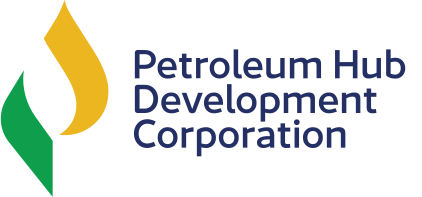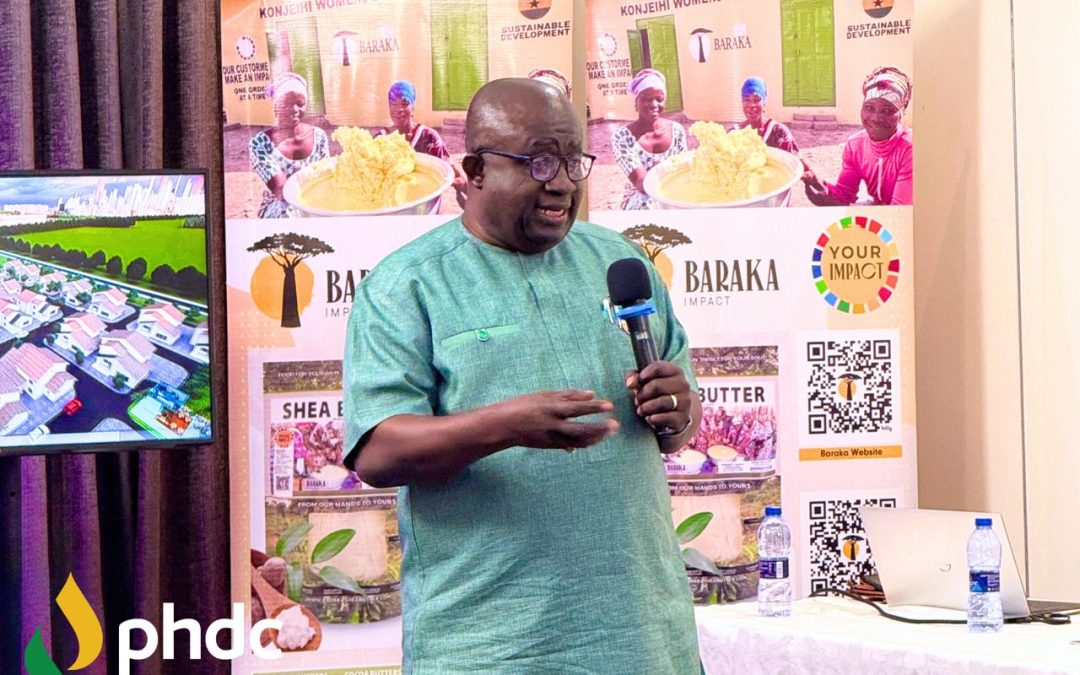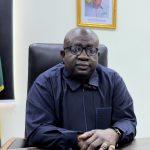The Acting Chief Executive Officer of the Petroleum Hub Development Corporation (PHDC), Dr Toni Aubynn, has outlined a comprehensive plan to integrate Environmental, Social, and Governance (ESG) principles and sustainability practices into the development and operation of the Petroleum Hub.
According to Dr Toni Aubynn, the PHDC is well aware of the global shift towards renewable energy and is committed to aligning with the movement.
Speaking at the ESG and Sustainable Finance Masterclass on Monday, September 29, 2025, Dr Aubynn announced that a portion of the 20,000-acre land designated for the project will be reserved for eco-tourism activities.
Additionally, ancillary projects at the hub will be powered by solar energy, a leading renewable energy source, while gas, a cleaner fossil fuel, will be used to power core operations.
“Embracing ESG principles is a priority for us. While some question our focus on fuel and gas, we are consciously transitioning to green energy. Our Ministry of Energy and Green Transition reflects this commitment. Approximately one-third of the land we are acquiring will be protected and potentially developed into tourist attractions and green parks. We are also incorporating solar power for ancillary activities and planting trees along the boundaries to enhance sustainability.”
Dr. Aubynn stressed that Ghana’s transition to green energy must be strategic and deliberate to balance the exploitation of its fossil fuel resources with the integration of renewable energy.
He cautioned that a rushed or overly aggressive adoption of renewables could have adverse economic consequences.
“We advocate for a just transition—one that is gradual, creates jobs, and supports the people in the region,” he said.
Highlighting the Petroleum Hub’s significance to Ghana’s socio-economic development, Dr. Aubynn pointed to its potential for substantial job creation.
He referenced a recent visit to Singapore, noting that despite its small size and lack of crude oil production, Singapore’s single-phase petroleum hub employed nearly 80,000 people during its construction phase.
“This project is ambitious but achievable,” he said. “The employment opportunities will be staggering once we get it underway, making it a cornerstone of Ghana’s economic growth.”







